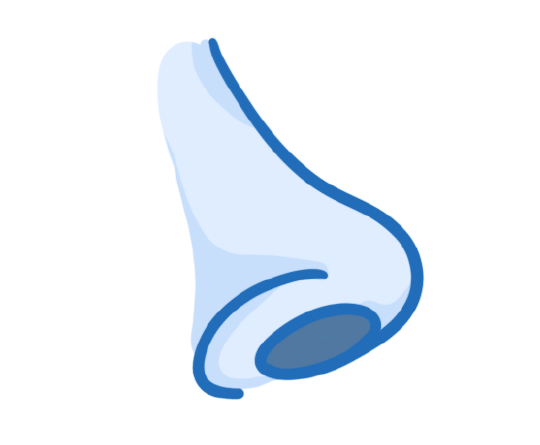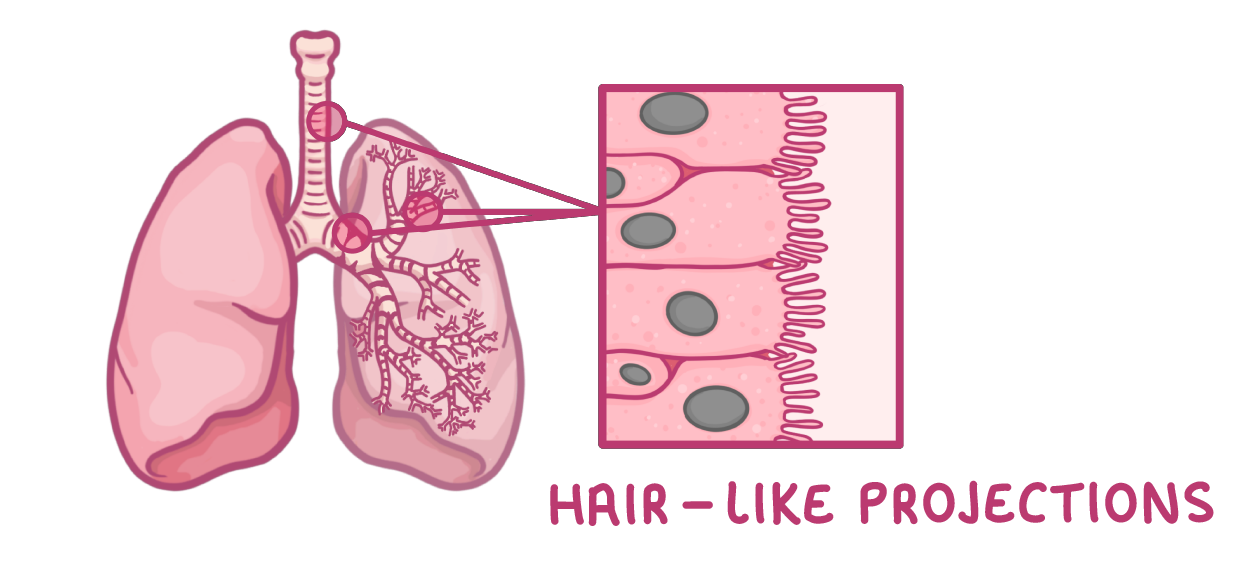Welcome to the Quiz!
This quiz contains 12 questions from a mix of 1 subtopics.
Which of the following act as barriers to reduce the entry of pathogens?
(Select all that apply)
Enzymes in tears
Hairs in the nose
Skin
White blood cells
Phagocytes
|
How does skin help to defend against disease?
(Select all that apply)
It secretes oils and antimicrobial substances that kill pathogens
It traps pathogens so that they can be removed
It covers the body, physically preventing pathogens from entering
|
Does skin act as a physical or chemical barrier to pathogens?
Physical barrier
Chemical barrier
|

The nose has hairs inside it that act as a physical barrier to pathogens. What are the hairs in the nose coated with to catch pathogens?
Enzymes
Phagocytes
Mucus
|

The cells that line the trachea, bronchi and bronchioles have tiny hair-like projections that waft the mucus and pathogens away from the lungs.
What are these structures called?
|
What substance does the stomach produce to kill pathogens?
Mucus
Nitric acid
Hydrochloric acid
Enzymes
|
Does the acid produced by the stomach act as a physical barrier, or a chemical barrier, to pathogens?
Physical barrier
Chemical barrier
|
What is the role of the immune system?
The allow communication between different parts of the body
To regulate the level of water and ions in the blood
To locate and destroy pathogens that enter the body
|
Which type of cells are part of the immune system?
White blood cells
Nerve cells
Red blood cells
Skin cells
|
Which of the following are functions of white blood cells?
(Select all that apply)
Produce hormones
Producing antibodies
Produce antitoxins
Phagocytosis
|
Stages of phagocytosis
cells / engulf / make / destroy / bind / phagocyte
- Phagocytosis is carried out by a special type of white blood cell called a .
- The first step is for the phagocyte to track down a pathogen, and then to it.
- The phagocyte's membrane will then surround the pathogen and it.
- Finally, enzymes inside the phagocyte break down the pathogen in order to it.
|
What do antitoxins do?
Kill pathogens
Stimulate the immune system
Bind and neutralise the toxins produced by bacteria
|